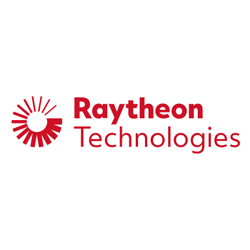Big Data Can Create Big Learning
- by 7wData

Learning leaders tend to look at skills requirements from either a business needs perspective or in response to demand generated from line managers. Yet in the age of big data, this approach does not go far enough. Big data is transforming businesses and helping them become more responsive to customer needs, and it can have an equally high effect on corporate learning and development.
Chief learning officers already know coaching and feedback is important, and that motivation is necessary to engage learners. This is particularly the case as organizations increasingly look to e-learning to deliver cost-effective and flexible training. According to Speexx research, some 83 percent of corporate learners still appreciate coaching and feedback provided by a trainer or manager, while 84 percent of corporate learners consider a kick-off session, perhaps with a line manager introducing the e-learning training course, to be useful (Editor’s note: The author works for Speexx). The human factor remains key, and learners continue to benefit from ongoing support. Add big data into the mix, and CLOs have a much better idea where and when to provide feedback and coaching and what precisely will motivate learners.
Data also shapes more agile learning strategies. In the past, learning was pushed out to the workforce — the process was very much one-way. Now, there are several actions enterprises can take to incorporate big data benefits into global workforce development plans.
First, maximize talent platforms to provide more actionable learner intelligence. Collecting multiple types of learner data and feeding them meaningfully into a central talent or learning management system has been a challenge in the past. Now, learning content providers are stepping up to develop custom APIs that will interface with learning systems in a way that goes beyond the standard interface view of learner data. Standards for e-learning system interoperability — such as SCORM, or Sharable Content Object Reference Model — did not meet the needs of the big data environment. However, in its new incarnation as the Tin Can API SCORM, CLOs can collect data from a variety of employee learning experiences, both online and offline, in a consistent format that can be used for big data analysis.;
[Social9_Share class=”s9-widget-wrapper”]
Upcoming Events
Evolving Your Data Architecture for Trustworthy Generative AI
18 April 2024
5 PM CET – 6 PM CET
Read MoreShift Difficult Problems Left with Graph Analysis on Streaming Data
29 April 2024
12 PM ET – 1 PM ET
Read More




